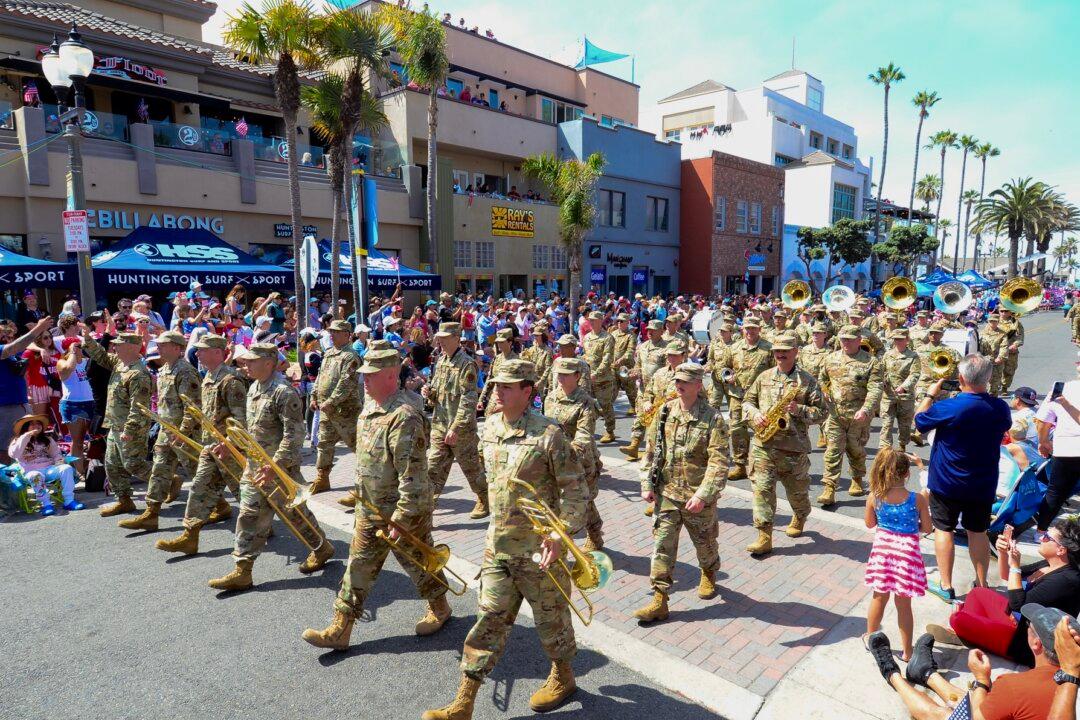Our government has set aside a number of months to honor different ethnic groups in our country.
February, for instance, is Black History Month. Schools, churches, and civic organizations around the country study, honor, and celebrate the contributions of African Americans to our culture and our politics. Men and women such as Harriet Tubman, Marcus Garvey, Rosa Parks, and Martin Luther King Jr. are lauded for their work in civil rights, while other African Americans are remembered for the gifts and talents that they brought to the arts, science and technology, and more.






